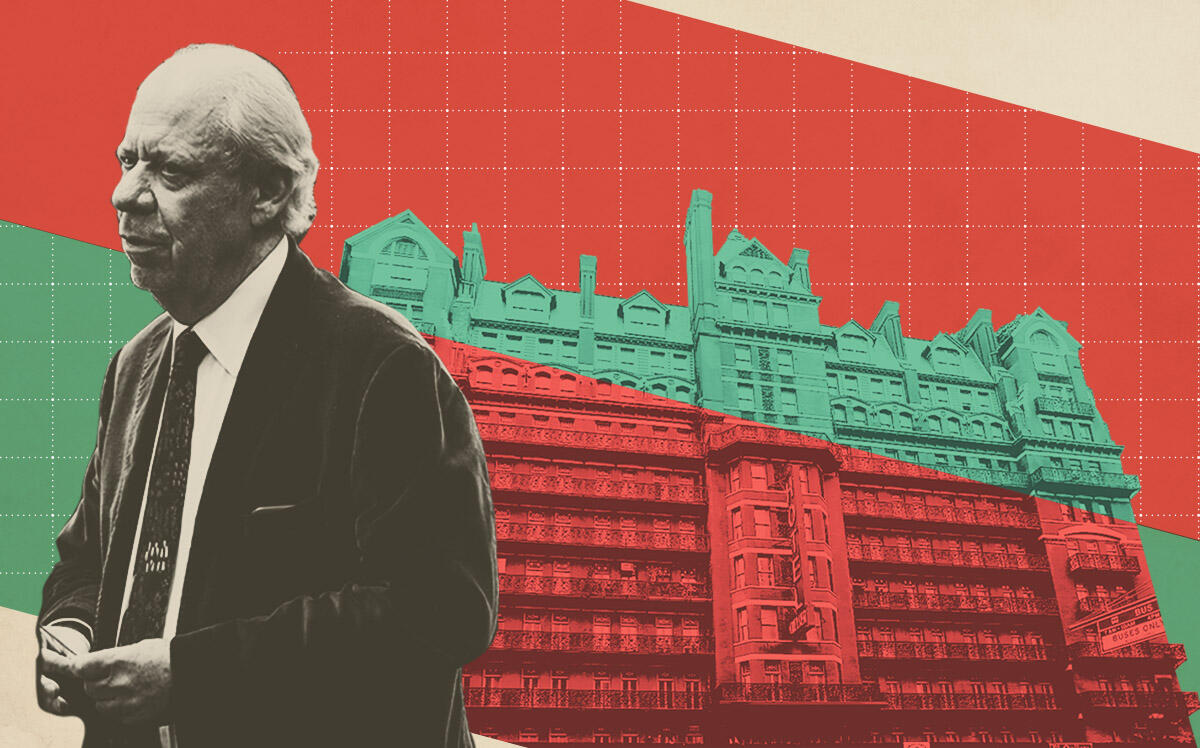Trending
Hotel Chelsea owners score win in legal fight against city
Judge denies city’s motion to dismiss suit alleging improper delays to renovations

The Hotel Chelsea’s owners have notched a victory in their legal battle with New York City, but they still have a ways to go before securing a money judgment against the Big Apple.
A judge denied the city’s motion to dismiss a lawsuit brought by the hotel’s owners, who allege that stop-work orders issued by the city improperly delayed renovations to the historic property and cost them $100 million.
The owners, hoteliers Ira Drukier, Richard Born and Sean MacPherson, claim the city relied on “hyperbolic” and “outright false” complaints by a small group of tenants bent on halting the construction.
The judge’s order allows the case to move forward just as the hotel prepares to begin accepting new guests for the first time in a decade. But the judge noted the standard for proving the owners’ claims against the city “is a rigorous one.”
The historic hotel once inspired visionaries like Jack Kerouac, William S. Burroughs and Andy Warhol, but in recent years it’s mostly inspired litigation.
Drukier, Born and MacPherson bought the struggling hotel in 2016 for $250 million from a group led by developer Joseph Chetrit and hotel mogul Ed Scheetz. The property received construction permits in 2012 and the new ownership group planned on continuing the work, which included renovating the lobbies and interiors. Between 2016 and 2018, they invested more than $200 million in the hotel.
But in November 2018, the Department of Buildings halted construction. The issue: The building had been reclassified as a “single-room occupancy multiple dwelling.” The change in classification meant the developers would need a “certificate of no harassment” in order to resume the work. The developers applied for one in early 2019, and the Department of Housing Preservation and Development began an investigation.
The owners allege this change occurred after a long-time tenant at the hotel, annoyed by the construction work, emailed the department of Housing Preservation and Development, who then instructed the buildings department to make the change.
In August 2019, HPD determined there was reasonable cause to believe tenants were harassed.
The hotel has frequently come into conflict with a group of about 50 long-term tenants who were allowed to live there at low rents under the hotel’s previous manager Stanley Bard. Some of the tenants complained to the city about the constant construction, but most supported the plans, according to the lawsuit.
HPD’s investigation led to proceedings before the Office of Administrative Trials and Hearings in 2020, with the hotel owners alleging HPD intentionally withheld emails to explain the building’s change in classification.
During the proceedings, the owners legal counsel, Jennifer Recine of Kasowitz Benson Torres, discovered that the building was classified as a luxury hotel in 1997, which would qualify it for an exemption from the no-harassment certification. HPD dropped the case in January of last year, and construction resumed that October.
Reached for comment, New York City Law Department spokesperson Nick Paolucci said “the case continues. We are confident of prevailing when the merits are heard.”




